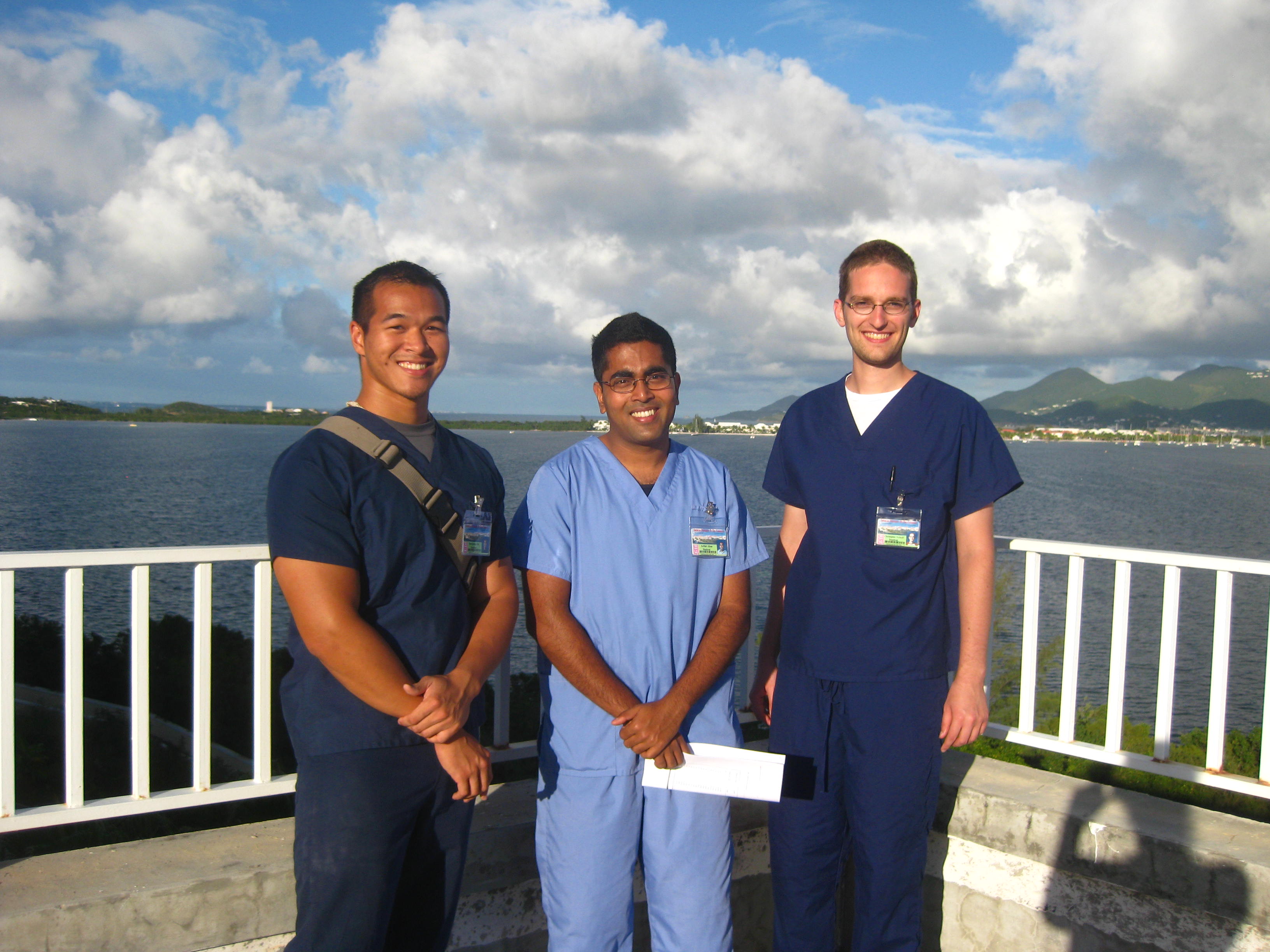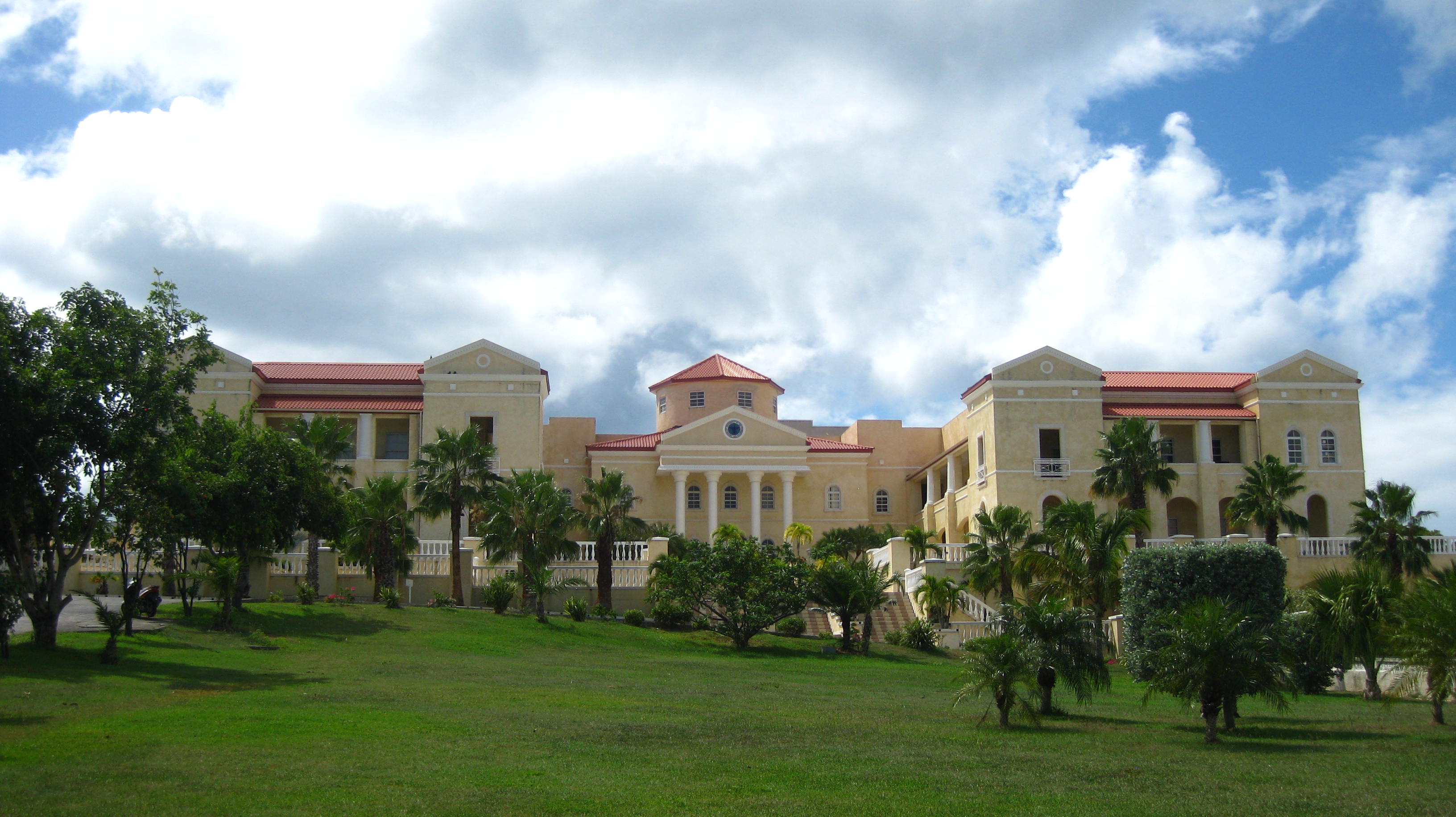What Step 1 Score Should I Aim For?
 What Step Score Should I Aim For?
What Step Score Should I Aim For?
As the USMLE Step 1 Score is the #1 thing residency programs look at when deciding whether or not to grant you an intervew, you should of course aim for the highest score possible. But realistically speaking, not everyone (or anyone) can get the theoretical maximum possible score of 300.
The table below shows the scores in which residency programs generally do not grant interviews as well as the scores in which they generally do in 2010. This data was collected by the National Resident Matching Program (NRMP) from surveys with program directors every year. Depending on what type of residency you want to do, you’ll want to strive for at least the scores on the right column. As an International Medical Graduate, who needs to “prove yourself more,” add a few more points to the target score listed.
| SPECIALTY | Programs generally do not grant interviews below these scores: | Programs almost always grand interviews above these scores: |
| Anesthesiology | 208 | 228 |
| Dermatology | 221 | 247 |
| Diagnostic Radiology | 218 | 237 |
| Emergency Medicine | 203 | 227 |
| Family Medicine | 194 | 214 |
| General Surgery | 208 | 223 |
| Internal Medicine | 207 | 228 |
| Internal Medicine/Pediatrics | 203 | 218 |
| Neurology | 202 | 222 |
| OB/GYN | 199 | 216 |
| Orthopedic Surgery | 217 | 236 |
| Otolaryngology | 224 | 244 |
| Pathology | 204 | 226 |
| Pediatrics | 200 | 218 |
| Physical Medicine and Rehabilitation (PM&R) | 198 | 209 |
| Plastic Surgery | 221 | 244 |
| Psychiatry | 197 | 211 |
| Radioation Oncology | 213 | 244 |
| Transitional Year | 212 | 239 |
| Data from 2010 NRMP Program Director Survey | ||
What About Passing For The First Time?
As 90% of residency programs seldom or do not consider graduates who did not pass the Step 1 exam the first time around, it is imperative that we not only exceed our target score for our desired residency but also make sure we pass the step the first time we take it. Over the years, the USMLE Step 1 Committee has gradually increased the passing score required for the exam. In January 2010, it was increased from 185 to 188. As of January 2014, the minimum passing score is 192.
How Do Schools Compare in First Time Pass Rate in 2010?
| AUC | 94% |
| Ross | 93% |
| SGU | 91% |
| US MD | 94% |
| DO | 81% |
| Non-US Overall | 73% |
How does AUC Compare with Average Step 1 Score?
In 2010, AUC had an average USMLE Step 1 score of 217. In comparison, the average US average was 221 (2009 data, 2010 pending). 30% of AUC students scored a two-digit score of 99 (which is the maximum two-digit score possible, equivalent this year to a three-digit score of 229 or higher).















Hey Benji! Thank you for this informative post! It is nice to have an idea of how competitive you scores are for the different specialties you are hoping to enter.
What a great post. Thank you so much. Hopefully OUM can start releasing some Step 1 data as more students go through.
227 I need then! (EM)
Cheers.
It’s so cool you go to school in Samoa! What is it like there?
Hi Benji,
Just wondering why you only put some specialties in here. What about specialties like cardiology or oncology. Are they restricted to IMG’s?
Hi Pooja,
This is a list of SPECIALTIES that are available for residency. In contrast, cardiology and hematology/oncology are considered SUBSPECIALTIES. You cannot do a residency in a subspecialty like cardiology. You must first go through a residency in a specialty like internal medicine first, and then do a fellowship in a subspecialty like cardiology or hem/onc.
Benji
Nice! What do you call physicians who specialize in Public Health or deal with HIV/AIDS, outbreaks, etc and overall prevention for best health?
Hi Samar,
Looks like you are describing several different specialties/careers. If you want to go into public health, you can get a Masters degree in Public Health (MPH). If you want to see a lot of patients with HIV or AIDS, you can do a residency in Internal Medicine first, and then do a fellowship in Infectious Diseases. There are General Preventive Medicine (GPM) residencies out there, either by itself or as a combination with another specialty like Family Medicine. However, you don’t have to become a specialist in preventive medicine to practice preventive medicine. All doctors should have prevention in mind when treating patients.
Are there medical students from the Caribbean schools who have succeeded in getting a neurosurgery residency
Yes, AUC has one: http://www.aucmed.edu/news-and-events/news/alum-wins-neurosurgery-award-for-work-in-africa.aspx. Try doing a Google search to look for more. That’s how I found this link. 😉
Hi Benji
Thankyou for all your post esp regarding IMG. Your blog has helped me alot in getting some confusions sorted!
Wanted to ask if this Step 1 score list is for IMG or US medical graduates?
This score list is for everyone. Thanks for reading.
Dear Benji, I want to let you know what an inspiration you have been and how you are known worldwide. I never thought of a career of a physician being possible for me. One day, I was at the hospital with my daughter in NYC and started talking to a very pleasant pediatric nephrologist who hardly knew any English and nephrology for that matter. He told me of financial hardship he experienced being a doctor back in Argentina and dreamed of coming to US, but did not know the US health system until he came across your website. You inspired him to take USMLE’s, come to US with his whole family and work at a local community hospital in NYC.Imagine that, Argentina!Then he recommended I visit the site. I was blown away by your kindness and compassion to provide information to others. I was thinking about you every night before going to sleep afraid of my own internal limitations and finally got enough encouragement from your posts to do it. Took me a year to take MCAT, get everything together and go through application process. My stats: BA Mathematics and Chemistry, MA Secondary Education:Mathematics and Chemistry; volunteered in 2 hospitals for 3 years, active member in community service organization, quit NYC teaching job and work as a surgical technician for general and bariatric clinic and medical assistant for multispecialty clinic; various beauty pageants finalist and winner(irrelevant) ; no research experience, GPA 3.93, new MCAT 500. Just got rejected by Kimberly Kirkland (admission’s committee). Was told to retake MCAT and reapply. 🙁
Do you know what a score of 500 is similar to the previous scoring?
Do you think I should retake and reapply or try St. George and Ross? ( have not talked to them yet, was blind set on getting into AUC)
Thank you.
Hi Sofia,
Thank you so much for sharing your story. It’s always inspiring and moving to hear sacrifices, risks, and opportunities people take to reach their goals in who and what they want to be. I wish you the best in your journey. Don’t be discouraged. If you truly want something, you’ll always make the time and effort to get it. I am not familiar with the new MCAT scoring scale. Be open to attending other schools like Ross, SGU, or Saba, as they are opportunities. If it is recommended that you retake the MCAT, then I would consider doing that as well. All the best to you Sofia.
Benji
500 new MCAT score = 24 old MCAT scrore
If this is the case, 500 is a low score then.
Hello, How much time did you take after your fifth term at AUC to prepare for Step 1? Thanks.
I took about 2.5 months. You are allowed a semester’s worth of time total to take it.
Hi Benji,
Thanks for the wonderful post. It’s really helpful. I am an international student and finished my bachelor’s here in US. I got accepted to AUC for September 2016 class. Currently, I am a dependent living in US and would like to practice here. I will be becoming a citizen hopefully by the end of my clinical rotation years. Do you know of any friends at your workplace or at school who took this route like me and became successful in acquiring a residency in US?
Hi Raji,
Congratulations on your acceptance to AUC. I know Canadians at AUC who were able to secure residency in the US. I also know others who have gained American citizenship, which definitely helps, since residencies then won’t need to sponsor visas.
Benji
Hi Benji,
I’m a US citizen, who grew up in California, went to UCSD for a year, withdrew and went to India for med school. I took step 1 in June, right around the time when the new format was incorporated, and though my NBME practice exam scores were decent (234/243), I was too anxious the night before and didnt rest—> ended up falling asleep during the first block, leaving more than half the questions blank, and then having issues with time due to sleepiness during the rest of the blocks, and overall poor performance on the exam and subsequently not passing. I was in my last year of med school then, which just came to a close and I’ll be taking it again in maybe 3-4 months, after some dedicated re-studying at home without med school to worry about.
My question is, how much will this affect my chances of getting into Pediatrics? I plan on practicing Pediatric critical care in the future, so I have two related research studies under my belt, and I’m certified in ACLS/BLS, PALS, NRP, and Pediatric Fundamental Critical Care Support (PFCCS). I’m also a certified Newborn care and resuscitation instructor under the Helping Babies Breathe initiative to prevent birth asphyxia in neonates born either at home or at non institutional peripheral centers in India. With this much in my CV and a US elective rotation in Ped Neuro, is it possible for program directors to look beyond my failed step and potentially at least offer me interviews? I’ll ensure that the same mistake doesnt happen again in my second attempt and aiming for 260+ now. I’ll be applying in the 2017 match.
Hi Sabrina,
It’s hard to say what your chances are. If you keep your word and score 260+, then you may be considered by some programs despite your fail. However, any fail on the steps is a big red flag and many programs may filter out applicants who fail, given that a residency program may get 2000+ applicants and need a way to shorten the list so they don’t have to read as many applications. Another question is if sleeplessness, anxiety, and stress is what got you to fail the exam, how will you deal with the sleeplessness, anxiety, and stress that you will encounter everyday during residency, or even your future career? Being a physician is a stressful career, and future residency programs will ask these questions when looking at your application. Also, I hope you have US medical experience too, especially coming from a foreign medical school. Wishing you the best and good luck on the next exam.
Benji
Hello Beji,
Do you know what the updated USMLE pass scores are for the Caribbean schools. It seems like AUC scores have gone down (93%) and SGU scores are much better 97% but I don’t know what’s true or not because schools have a way of filtering who takes the exams.
I don’t know and I’ve stopped keeping up to date with those numbers because they keep changing. I would look at the school websites or contact the school for more info.